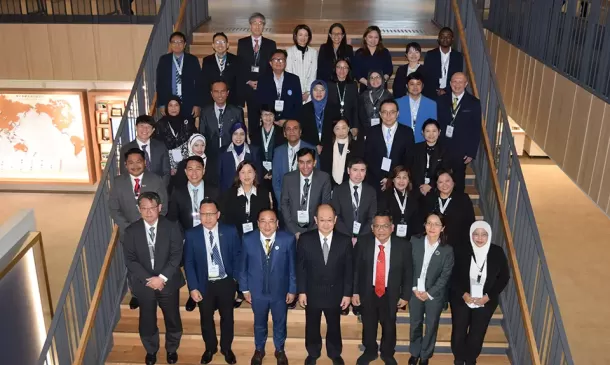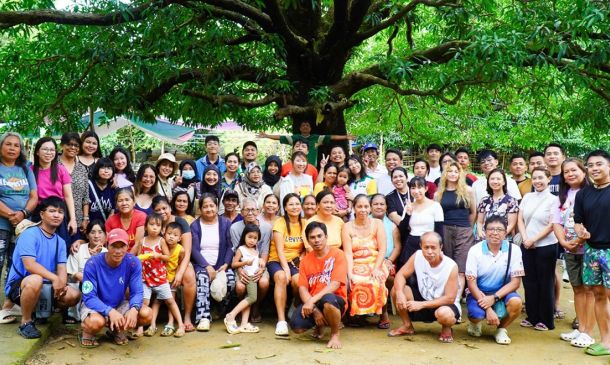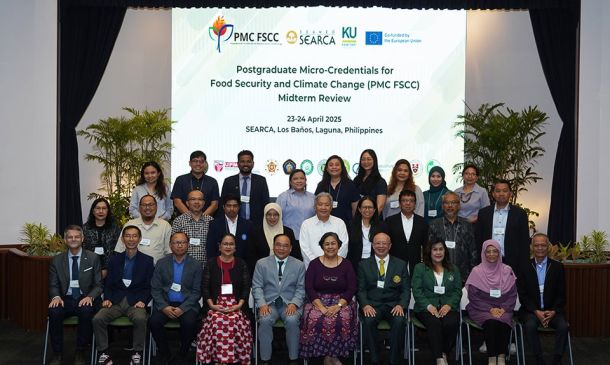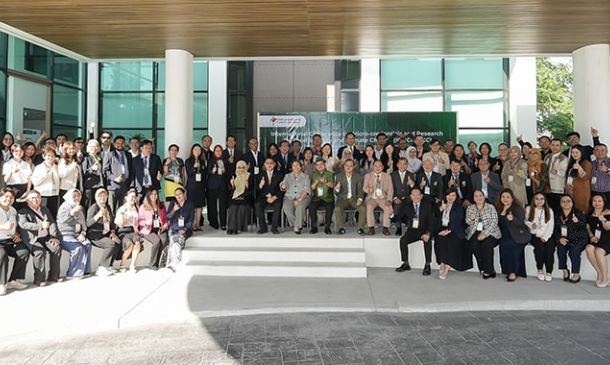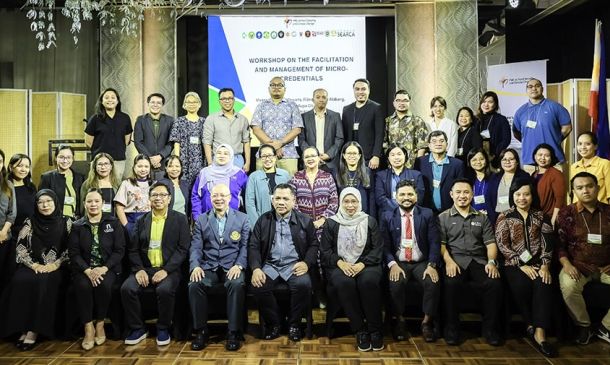UC News
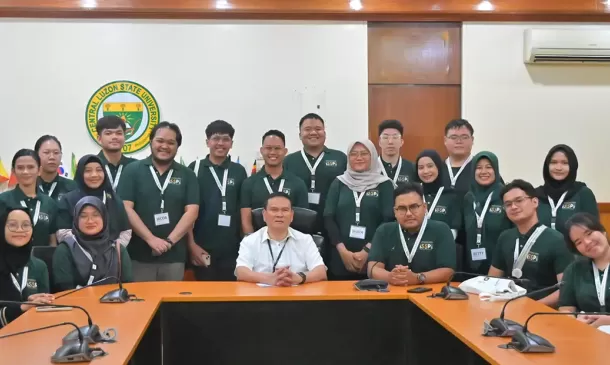
CLSU, SEARCA, and UC kick off 5th ISSP to advance sustainable agriculture in Southeast Asia
19 November 2025
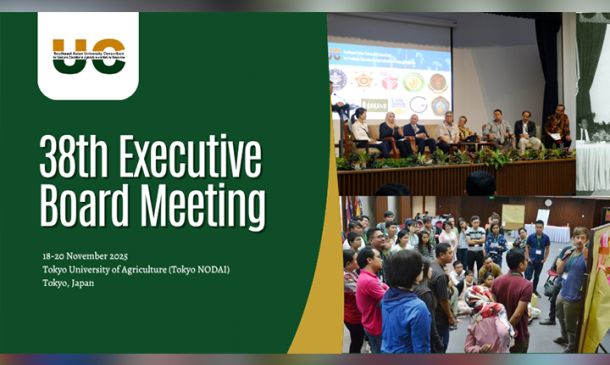
Leading agricultural universities to strengthen regional collaboration at 38th UC Executive Board Meeting
13 November 2025
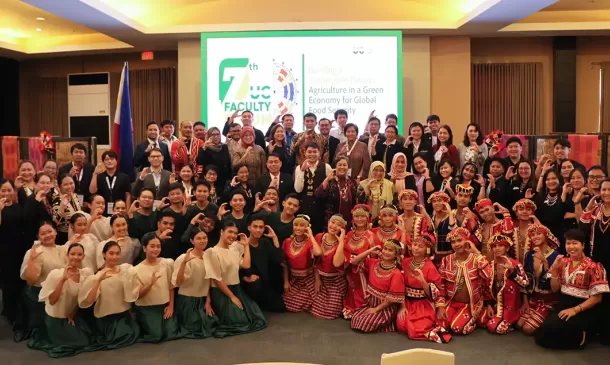
7th UC Faculty Forum emphasizes science, innovation, and partnerships for food security
02 October 2025
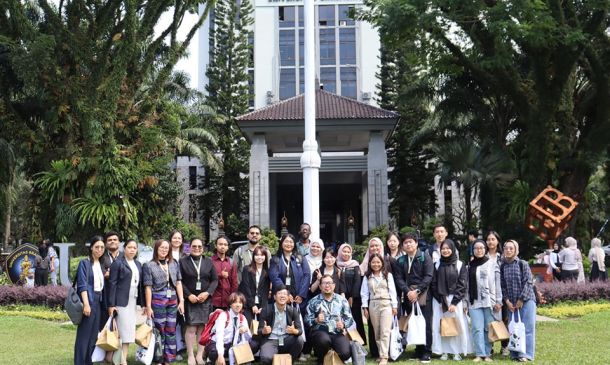
10th UC Graduate Forum highlights innovations for sustainable agriculture in Southeast Asia
10 June 2025
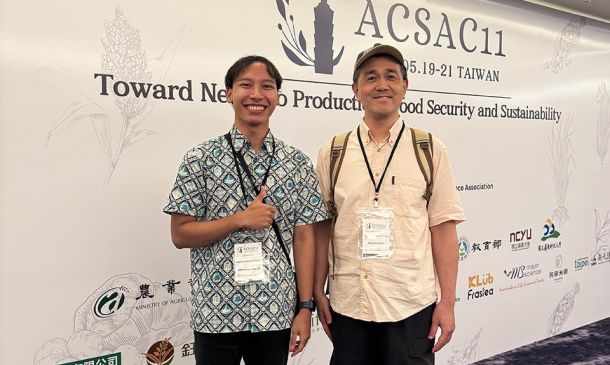
NTU-SEARCA scholar wins 3-minute thesis competition at 11th Asian Crop Science Association Conference
28 May 2025

